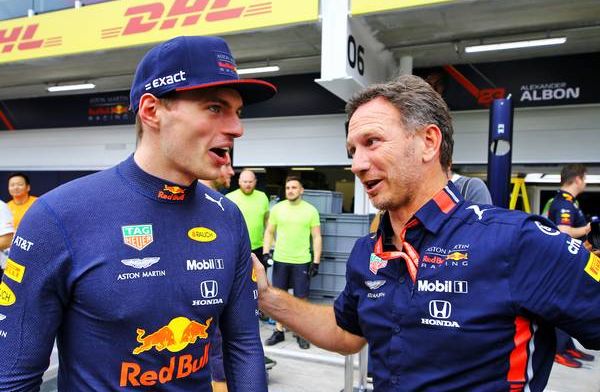One thing remains certain: the unfolding saga shows no signs of conclusion, with the final outcome likely to remain elusive for the foreseeable future.
Since the controversy erupted last month, speculations have swirled, suggesting that this extends far beyond an internal dispute involving Horner and a female employee.
From the outset, there were murmurs of a broader power struggle encompassing key management figures within the Red Bull organization.
The situation gained public attention only after the typically reserved Austrian Red Bull company issued an official statement—an unusual move for a brand known for its minimalistic approach to press releases. This raised questions about potential underlying complexities.

As events unfolded, it became apparent that the conflict had evolved into a larger battle for control and influence, involving the Austrian arm of Red Bull and its Thai majority owner, Chalerm Yoovidhya.
Caught in the midst of this were Red Bull motorsport advisor Helmut Marko and the Verstappen camp, comprising Max and Jos, each with their perspectives on the matter. Additionally, the influence of Red Bull’s major corporate partners, such as Ford and Oracle, further complicated the situation. It remains unclear which side of the fence these partners stood on.
Some have suggested that there was boardroom unease over potential reputational damage to the companies associated with the Red Bull turmoil. However, others argue that the primary concern was the potential loss of Horner, whose influence and broader appeal were instrumental in attracting their involvement in the first place.







